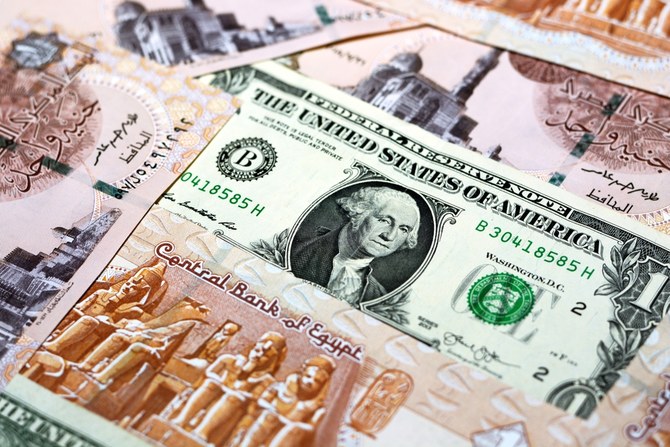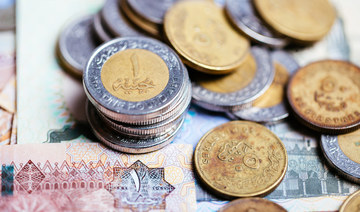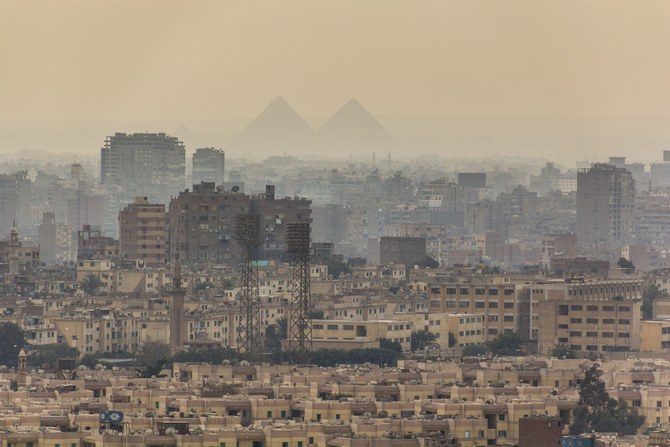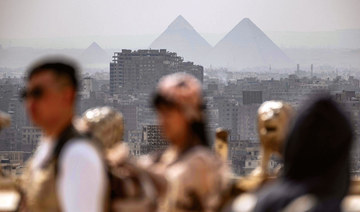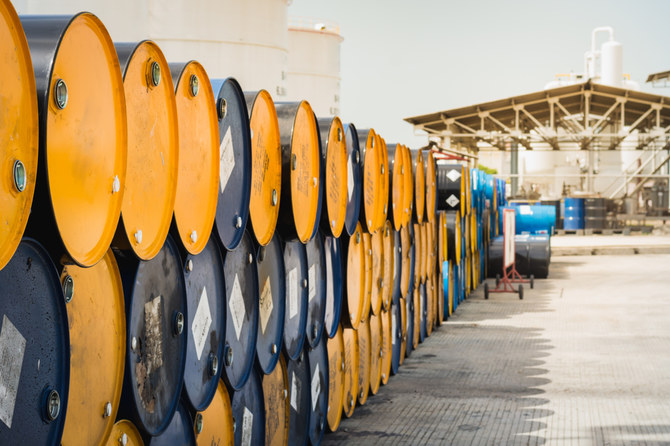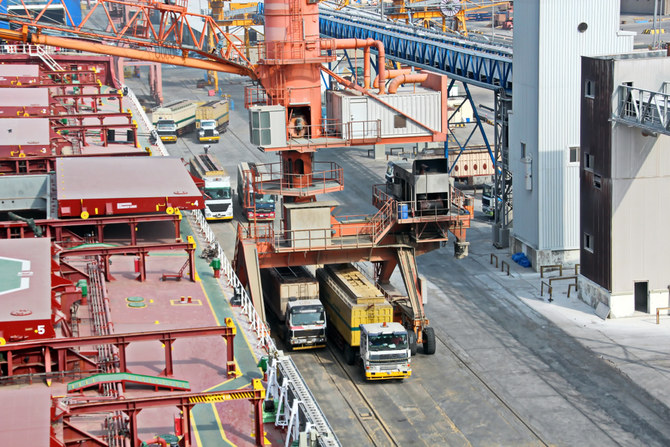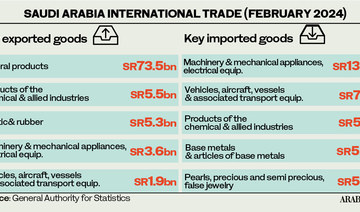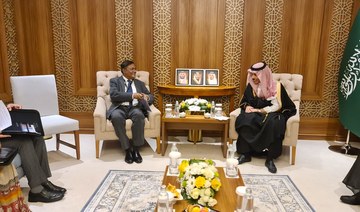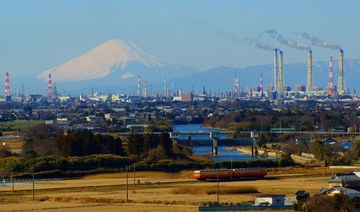RIYADH: Egypt’s foreign debt increased by $3.5 billion in the fourth quarter of 2023, reaching a total of $168 billion, as reported by the nation’s planning ministry.
This marks a climb from the $164.5 billion recorded at the end of September, representing 42.4 percent of the nation’s gross domestic product. Notably, 81 percent of this debt is categorized as long-term.
This uptick in foreign borrowing is part of a broader trend over the last decade, during which Egypt has significantly increased its external debt, investing heavily in state-driven projects.
This financial strategy was underscored last month by an $8 billion economic support package secured from the International Monetary Fund.
Amid these monetary maneuvers, Egypt’s Finance Minister Mohamed Maait recently projected that the country’s GDP would grow by 2.8 percent in the fiscal year ending in June 2024, with expectations of an acceleration to 4.2 percent in the following year.
These figures are closely aligned with the IMF’s more conservative forecast of 3 percent GDP growth for the calendar year 2024, indicating optimism about Egypt’s economic trajectory despite its growing debt burden.
Earlier in April, Maait highlighted that despite the harsh impacts of global and regional economic crises, Egypt has seen financial indicators surpass budget estimates and targets over the past nine months of the fiscal year 2023-2024.
The minister noted that this success reflects the international recognition of the North African country’s economy for achieving better-than-expected performance metrics.
Further emphasizing the economic strategies, Maait pointed out the significant improvements in non-tax revenues, which increased by 122.9 percent, and tax revenues, which surpassed 1 trillion Egyptian pounds ($20.6 billion), marking a growth of 41.2 percent annually.
He noted these gains were achieved without imposing new burdens on citizens or investors, thanks to expanded mechanization intended to broaden the tax base and integrate the informal economy into the formal sector.
Maait pointed out that the country’s ongoing effort to boost its economy is evident in the Ministry of Finance’s dialogues with over 2,000 investment institutions annually.
The ministry’s Investor Relations Unit plays a crucial role in these engagements, maintaining open dialogue throughout the year and issuing monthly performance data.
These documents provide foreign investors with precise, up-to-date economic data, including details about debt levels, deficits, and primary surpluses, the state-owned newspaper reported.
They also offer a simplified guide on the various incentives, including tax advantages available to investors, aiming to alleviate any concerns and accurately address potential economic risks.
Meanwhile, data released earlier this month by Egypt’s Central Agency for Public Mobilization and Statistics showed a slowdown in the country’s urban consumer price inflation rate to 33.1 percent in March from 36 percent in February.
Additionally, month-on-month prices rose by 10 percent in the third month of 2024, down from an 11.4 percent increase in the previous period.
This development follows the central bank’s announcement in early March of a 600 basis points hike in interest rates at an unscheduled meeting, along with a shift to an inflation-targeting regime, allowing the exchange rate to be determined by market forces.



